Mortgage Renewal in Vancouver
We’ll help you find the perfect mortgage prior to your mortgage renewal.
If you still have an outstanding balance on your mortgage, you will need to deal with a mortgage renewal once your current term ends.
Each mortgage renewal is an opportunity to assess your current mortgage and determine whether it’s still the best fit for your financial situation and goals. You can make adjustments such as choosing the payment frequency, selecting a lender and deciding between a fixed or variable interest rate for the new term.
Planning ahead for your mortgage renewal can assist you in obtaining a more cost effective mortgage for the upcoming years.
How Does the Mortgage Renewal Process Work?
The mortgage renewal process is relatively straightforward. Your current mortgage lender presents you with different mortgage renewal options. You either sign it, try to negotiate for better terms, or choose to renew your mortgage with a different lender.
Renewing With Your Current Lender
When it comes to renewing your mortgage, sticking with your current lender is normally the easiest route. Whether you decide to go with their initial renewal offer or negotiate for better terms, the process is as simple as signing a new contract and continuing your payments. You won't have to go through the qualification process again and if you're dealing with a "Prime" lender, there usually isn't any renewal fees. However, renewing a mortgage with a "Sub Prime" or “Private” lender might come with additional costs.
Renewing With a New Lender
If your current lender isn’t able or willing to offer you a more beneficial renewal than other lenders, you’re free to renew your mortgage elsewhere. Your new lender will have to assess your finances to ensure you can handle the costs of your new mortgage. Your credit score and income will have to be re-evaluated. In addition to requalifying, you may have to pay additional costs such as a home appraisal, discharge fee, registration fees, or other administrative fees.
Mortgage Renewal Tips
These three tips will help you overcome challenges you may face during your mortgage renewal.
1. Consider Your Financial Goals
Things change, right? Your financial game plan when you started your mortgage journey might not aline with your situation now. Maybe you scored a big promotion, maybe took a hit on the income front, or perhaps you're kicking back in retirement. Oh, and don't forget life events – like a new addition to the family or footing the bill for your kid's college tuition. Bottom line: pick a mortgage that fits your needs – rates, terms, etc.
2. Start Early
Most lenders will let you start the early mortgage renewal process 120 days prior to your mortgage maturity date. This means you could renew early with your current lender without having to pay a prepayment penalty for breaking your term early. This may not apply if you plan on renewing with a different lender. You can start researching your options online, but it’s best to talk with your mortgage professional who can help guide you through this process. By finding out which lenders are offering what, in terms of mortgage rates, prepayment options and other terms and conditions, you’ll be better prepared when you are ready to renew.
3. Consider Your Mortgage Needs
It’s important to figure out what you’re looking for in your mortgage product. Below are questions you may want to ask yourself to help determine what features are important to you:
Is my mortgage portable? You may plan on moving in a couple years. Having a portable mortgage will allow you to keep your current mortgage terms for your next property.
What is my prepayment privilege? You might be receiving bonuses, extra funds, or you may plan on doubling up on your payments. You’ll want to make sure your prepayment privilege matches your needs.
Should I take a fixed rate term or variable rate term? If you plan on paying off your mortgage, you may want to consider the prepayment penalties involves with fixed and variable terms.

Ready to Renew
Your Mortgage?
Mortgage Renewal FAQ’s
-
In short, no. A renewal is simply renegotiating the terms of your existing mortgage, while a refinance involves replacing your current mortgage with a new one.
-
The most important questions borrowers should ask themselves is about their life events. Have you lost your job? Recently make a big purchase? Experienced illness? These answers can impact your profile as a borrower, which can impact your renewal.
Your mortgage renewal is also an excellent opportunity to explore other product options, such as prepayment privilege and portability.
-
Your mortgage payment might end up changing when it's time to renew for a few reasons. If there has been a change in mortgage rates since your last term started, your lender could propose a new rate, causing your payment to adjust. Moreover, making changes to your amortization period or payment frequency could also change your payments.
-
It's not common to get turned down when trying to renew your mortgage with the same lender, but it can happen. Significant financial setbacks, such as missed payments or sudden unemployment, could lead to your lender refusing the renewal. If this happens, there's no need to worry. There are other options you can look into. You might consider opting for a different loan term or exploring financing options with alternative lenders instead.
-
If you don’t renew your mortgage before the current term ends, your mortgage will automatically to a 6-12 month closed or open mortgage, usually with an increased interest rate. Every lender is different, so it’s important to check the fine print on your mortgage regarding automatic renewals.
Book a Free Consultation
It’s your right to get the best mortgage possible! Book a free consultation today and let us handle the rest.


